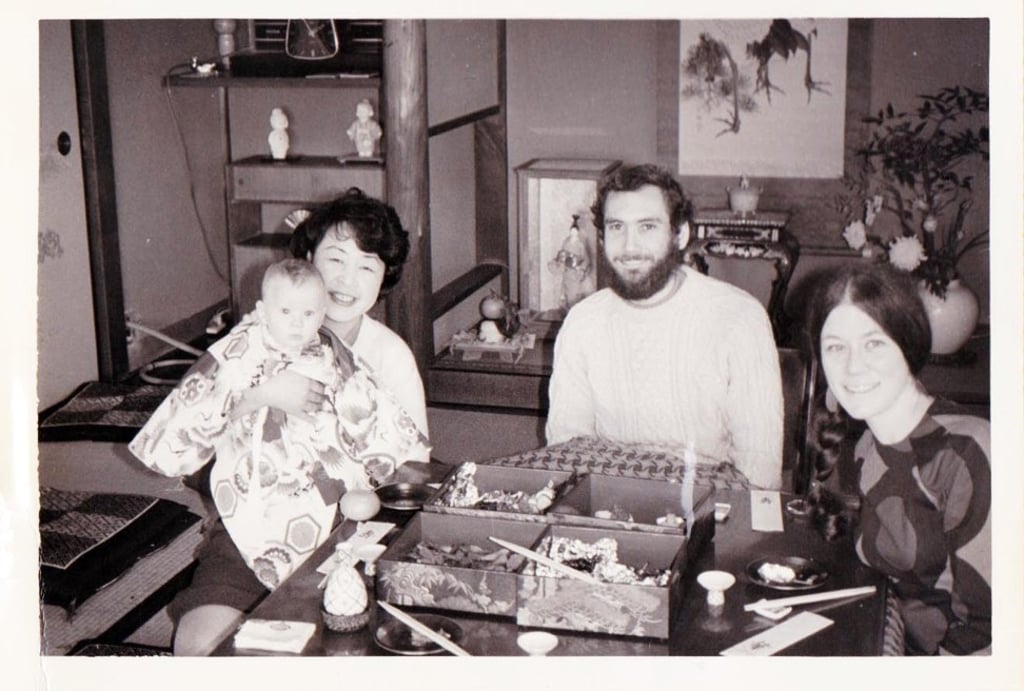Foreign Babes in Beijing: how a Chinese soap opera made Rachel DeWoskin famous, turned gaze on Western women
The American actress and author who shot to stardom in the 1990s after being cast in Foreign Babes in Beijing, which was watched by 600 million viewers, reveals why the Middle Kingdom is such a big part of her life and imagination

Living out of a suitcase I was born in 1972, in Kyoto, Japan, where my dad was studying and my mom was teaching English. Both are from St Louis (in the United States). When I was a baby, my parents lived in a one-room teahouse; my 16-month-old brother slept in a drawer and I slept in a suitcase.
I went back to Japan two years ago with my husband (American playwright Zayd Dohrn) and our daughters, then eight and 11. The day we found the house where I was born I rang the bell and a woman opened the door to find my family waiting in the rain. I pointed at myself. “Born. Here,” I said in Japanese. She politely invited us into the courtyard, where I showed her pictures of my parents, and one of me as a baby, and said my two words again and gestured to her house. I had no idea whether she understood.
The day after we returned to the US, I got an email from a man who introduced himself as the woman’s husband, and whose father had been the landlord (who had since died). He wrote that he and his mother had been out when we came by. They were deeply sorry to have missed our visit. He attached photos of his parents holding my brother and me as newborns; my parents with his parents, seated around a tea table, smiling out at us across decades.
China writer China has always been part of my life and imagination. I grew up in Ann Arbor, Michigan, but my family began travelling to China in 1982 (her father, Kenneth DeWoskin, was a sinologist at the University of Michigan). We went to Beijing, Shanghai, Guangzhou and later, when I was still little, we travelled extensively in Sichuan.

My childhood was composed of infinite staircases to Chinese walls and temples; lost villages in Sichuan; military guest houses with beds allegedly slept in by revolutionary heroes; ships down the Yangtze; trains across the countryside; Buddha bones; Han princess mummies; wax renderings of Three Kingdoms warriors; armies of bronze bells, stones and terracotta soldiers.
